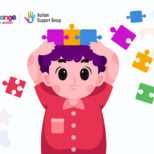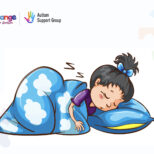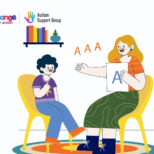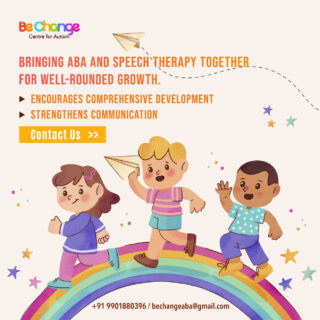FAQ
Therapy sessions usually last between 1 to 2 hours. The frequency depends on your child’s needs and can range from 2 to 5 times a week. More frequent sessions can often lead to faster progress.
Our therapists are highly trained. They have advanced degrees in behavior Therapy/ABA Therapy and many years of experience working specifically with children. They’re experts at understanding and helping kids with various challenges.
First, we spend time understanding what your child can do and what they need help with. Based on this understanding, we create a customized plan just for your child. This plan focuses on their unique strengths and challenges, ensuring the therapy is tailored to their specific needs.
Therapy can work wonders for your child. It can help them learn to talk and communicate better, play and interact with others, excel in school, and manage their emotions. It’s also effective in addressing challenging behaviors, helping your child respond to situations in more positive ways.
You play a crucial role in your child’s progress. We’ll teach you techniques and strategies used in therapy so you can support your child at home. Consistency is key. By reinforcing what your child learns in therapy during everyday activities at home, you can significantly boost their progress.
We closely observe your child during therapy sessions and track their progress using various methods, including keeping records and using standardized assessments. We also have regular discussions with you, the parents, to understand how your child is doing at home. This ongoing feedback helps us measure your child’s progress effectively.
While therapy is generally safe, some children might find it challenging initially. It’s normal for kids to face some difficulties adjusting. Our therapists are trained to create a positive and supportive environment, making the experience as comfortable as possible for your child.
The duration of therapy varies based on your child’s progress and individual goals. We regularly assess their development. When your child achieves their goals and masters the necessary skills, we work closely with you to plan a gradual transition out of therapy. It’s a collaborative decision, made with your child’s best interests in mind.
When challenging behaviors arise, we conduct assessments to understand the reasons behind these behaviors. Then, we create a plan to address them effectively. We’ll teach you specific strategies to use at home, ensuring consistency in managing these behaviors. Your involvement and support at home are essential components of the overall success of the therapy.
Ask a Question
If you do not find the answer for your question, you can ask us by submitting it using form below:









